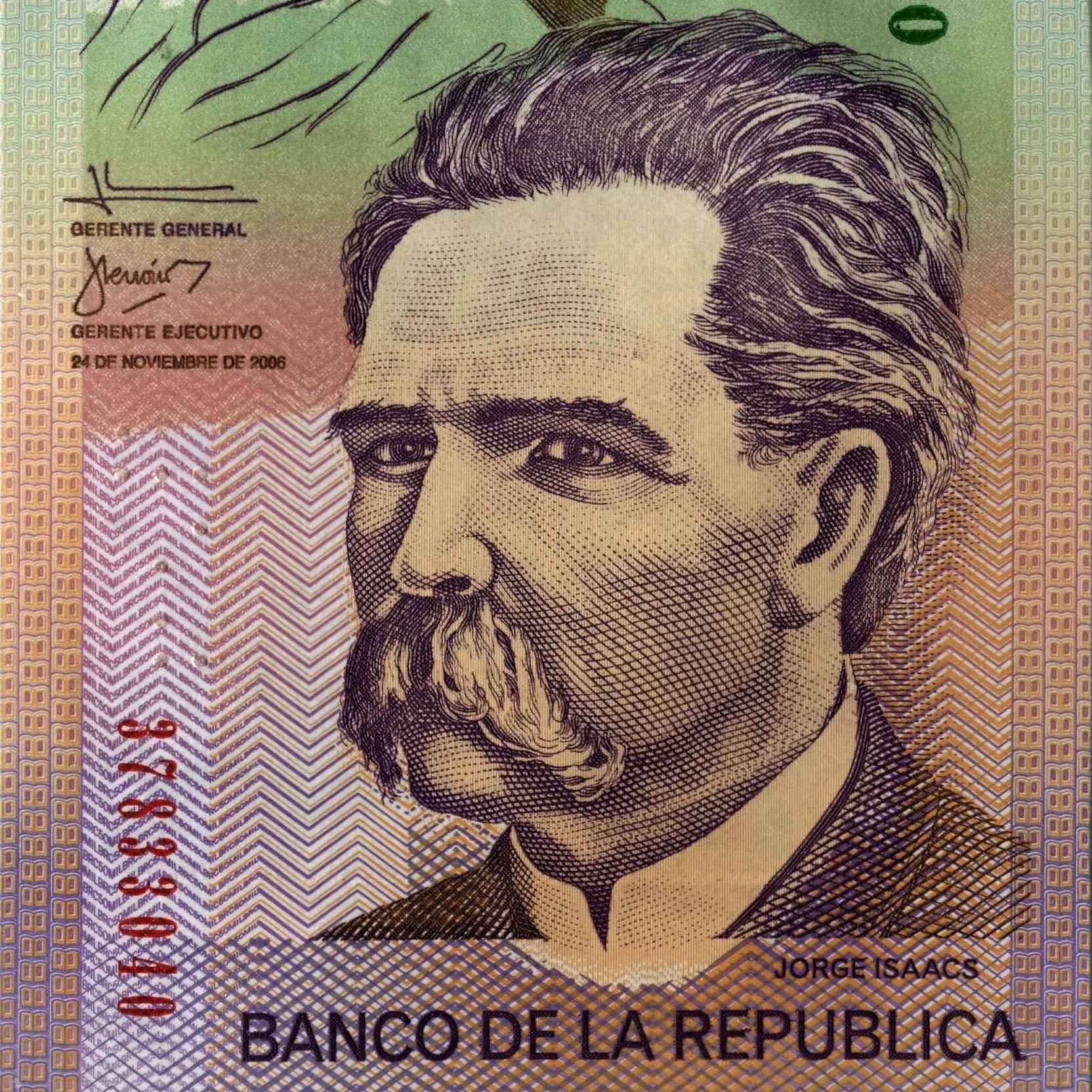Event details
Fictions of Accumulation: The Economic Turn in Latin American Cultural Studies

This event brings together prominent scholars of what can be described as the economic turn in Latin American Cultural Studies. Rethinking the role of aesthetics and narrative structures within the history of capitalism, they provide a nuanced outlook on the economic discourses and apparatuses that have defined capital accumulation in the region. In addition to a shared methodological approach that combines literary and economic analysis, the trait that distinguishes these studies is a concern with understanding the specificity of capitalism in Latin America. Troubled by the increased naturalization of extractivism and neoclassical theories during the neoliberal age, these body of works have provided a new critique of political economy through an engagement with the Latin American archive. They draw from Dependency Theory, neo-Keynesianism, and the Marxist traditions that shaped the field in the 1970s and 1980s, but they take these scholarships on new and productive intellectual paths through a renewed engagement with categories like primitive accumulation, logistics, fictitious capital, turnover time, coloniality, uneven development, value, and crisis. In a fruitful engagement with gender theory, the scholarship on racial capitalism, and decolonial approaches, they have also underlined the central part played by political economy – as a discipline and practice of government – in the production of class, race, and gender subjectivities that have historically enabled the extraction of surplus value.
GUEST SPEAKERS
Dr. Ericka Beckman, University of Pennsylvania
Dr. Alejandra Laera, Universidad de Buenos Aires
Dr. Daniel Nemser, University of Michigan
MODERATOR
Nicolás Sánchez-Rodríguez, Cotsen Postdoctoral Fellow in the Society of Fellows; Lecturer in the Council of the Humanities and Spanish and Portuguese, Princeton University
Open to Princeton students, faculty, visiting scholars and specially invited guests.

University programs and activities are open to all eligible participants without regard to identity or other protected characteristics. Sponsorship of an event does not constitute institutional endorsement of external speakers or views presented.
View physical accessibility information for campus buildings and find accessible routes using the Princeton Campus Map app.